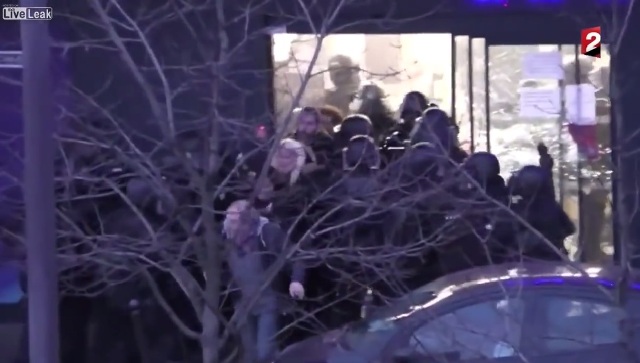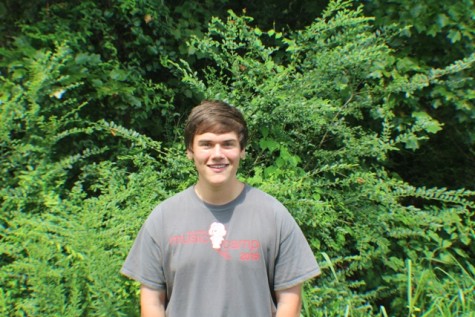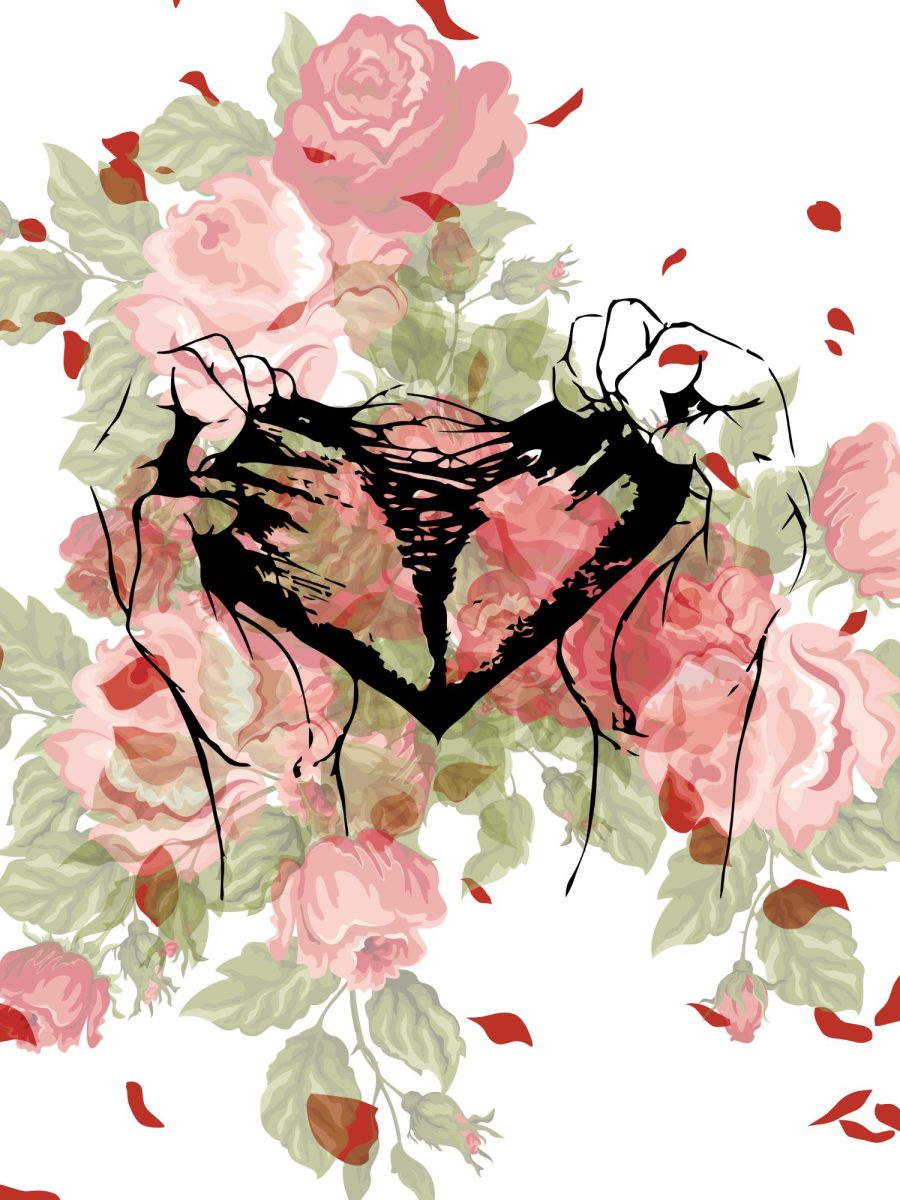Terrorists Attack Satirical Magazine Office in Paris
Police storm a kosher supermarket in Paris as hostages escape. Amedy Coulibaly murdered four of the hostages before police raided the store and killed Coulibaly, putting an end to a week of terror in France. “In the streets of Paris, the world has seen once again what terrorists stand for. They have nothing to offer but hatred and human suffering,” Barack Obama said.
January 27, 2015
Four terrorists executed a series of attacks in Paris, killing 17 people over the span of three days before a police raid killed three suspects: Said Kouachi, Chérif Kouachi, and Amedy Coulibaly. Said and Chérif Kouachi, brothers in their early 30’s, attacked the office of Charlie Hebdo, a weekly satirical magazine, shooting and killing 12 people during an morning editorial meeting on January 7. Among the victims were the editorial director, cartoonists, and two security guards. The next day, Amedy Coulibaly shot and killed a policewoman and injured a street sweeper. On January 9, the Kouachi brothers took a hostage at a printing store, and Coulibaly entered a Jewish grocery store, taking workers and customers hostage. Later that day, police stormed both the printing shop and the grocery store, killing all three gunmen and saving sixteen hostages. Hayat Boumeddiene, Coulibaly’s wife, is still at large.
Hours after the attack on Charlie Hebdo, al-Qaeda in the Arabian Peninsula (AQAP) released a video boasting responsibility for the deadly attack. In the video, an AQAP leader claimed that they had planned the attack well in advance; the idea stemmed from American-born Anwar al-Awlaki, an al-Qaeda leader who was killed by a U.S. drone strike in 2011. Although they did not confirm their involvement with the kosher grocery store hostage situation, AQAP official Nasr Ibn Ali al-Ansi called the timely incident “a blessing from Allah.” Investigators have not yet confirmed al-Qaeda’s involvement.
A video surfaced soon after the hostage crisis, showing Coulibaly pledging allegiance to ISIS. He also affirmed his involvement with ISIS through a phone interview while in the kosher store. It is believed that Coulibaly may have contacted the Kouachi brothers and coordinated the attacks. Officials believe that Hayat Boumeddiene escaped to Syria through the Turkish border.
In the wake of the shootings, people in Paris and all around the world have unified against the acts of terrorism through one phrase: “Je Suis Charlie,” which means, “I am Charlie.” The hashtag trended number one on Twitter, but many have criticized it for supporting the offensive language and illustrations in Charlie Hebdo that “wouldn’t have lasted 30 seconds” in American college magazines, David Brooks, a columnist for the New York Times, writes. However, Brooks’ shared viewpoint did not stop 40 world leaders and millions of people from across the globe from marching through Paris on January 11, showing tremendous solidarity in “the largest demonstration in the country’s history,” according to Time Magazine.




